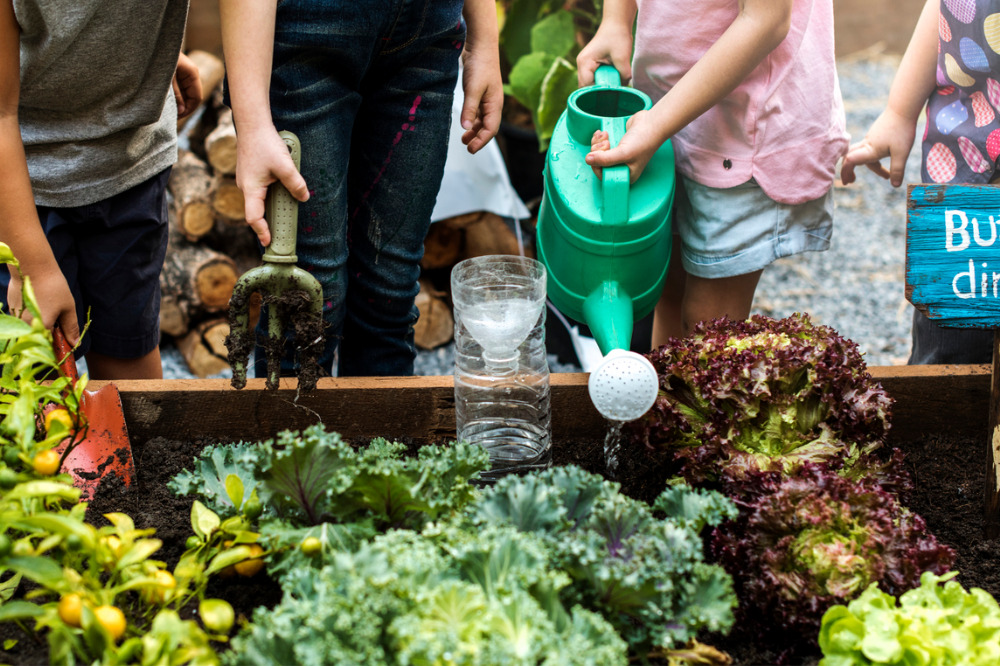
A new horticulture program is teaching Victorian primary school students the tricks of the agricultural trade early.
The initiative supported by the Government’s ‘Educating Kids About Agriculture’ and funded by the Victorians Farmers Federation (VFF), immerses students in a living classroom experience where they engage in educational games and interact with the surrounding horticultural environment.
The hands-on excursion teaches students about sustainability, how their produce is grown, and the extensive job opportunities within the agricultural industry.
The organisation leading the initiative is Velisha Farms, a horticulture business located in Weribee, Victoria.
“Working in horticulture and the fresh produce sector is not usually at the forefront of young people’s minds,” Mark Pullin, Head of Education at Velisha Farms, told The Educator.
“There are many misconceptions about the farming industry, including negative stereotypes about workers being poorly educated”.
Pullin said this makes it challenging to engage eager and intelligent people to join a sector that demands a sustainable future.
“We believe that the key to changing perceptions is by educating young children,” he said.
“There are jobs available now, and with the drive for industry growth, there will be more jobs. The future is exciting, and we want to share that excitement with the next generation”.
‘Playing a part in the world’s food bowl’
Pullin said technological innovation is critical as cloud analytics, artificial intelligence (AI), drones, big data, and autonomous vehicles become the norm over the next decade.
“Farming and the fresh produce sector are not what they were 30 years ago. With global food demand forecast to increase 60% by 2060, the opportunity for young people to play a part in the world’s food bowl is very real”.
Good Shepherd, based in Gladstone Park, is one of the many educational institutions to receive a grant as part of VFF’s 'Kids to Ag' program.
One of the school’s teachers, Sarah Cornish, said her students toured the facility, entered the cool rooms, weighed veggies, catalogued the crop and engaged in a number of rotations that gave scope about the sorts of produce farmed in the area.
“Sustainability is an emerging cornerstone value at our school, so it was an extraordinary experience for students to not only understand the how and why farms like Velisha operate but also to ponder questions like, ‘are there more sustainable practices farms and supermarkets alike could be investing in?’” Cornish said.
“It’s a really great opportunity to get students excited about horticulture in multiple ways”.
Pullin said the educational benefits of Velisha Farms’ VEG Schools program are diverse.
“Not only is it a fun and hugely memorable experience, but there are constant opportunities for students to expand their tacit knowledge crucial to higher-level learning and problem-solving skills,” he said.
“The education program helps improve student’s critical thinking, reinforces classroom material, and encourages the students to reflect on the surrounding horticultural environment”.
Pullin said the ‘living classroom’ is an effective simulation of the real world, engaging students in experimental and sensory learning that may be less present in a traditional school lesson.
“For young minds, farms act as educational playgrounds, and it is a valuable experience for students to see how fresh fruit and vegetables are grown,” he said.
“Seeing a production facility in full operation allows students to visualise, experience, and discuss the topics they have covered in school, which will hopefully enrich their learning when they return to the classroom”.


